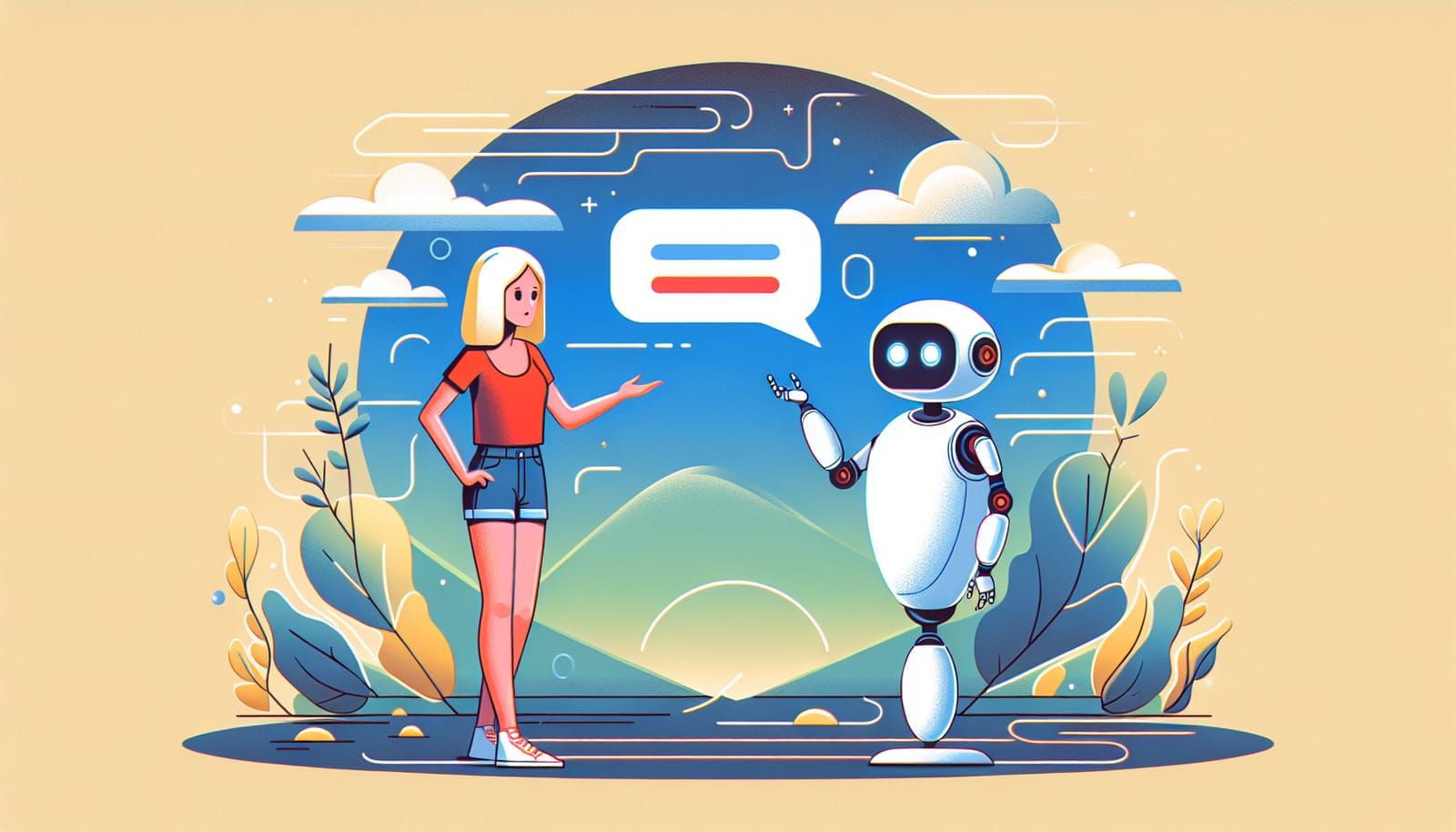Artificial Intelligence (AI) is transforming many aspects of our lives, and sports is no exception. From analyzing player performance to enhancing fan experiences, AI is helping teams and athletes gain a competitive edge. In this article, we’ll explore how AI is used in various sports, making it easier for teams to strategize, improve performance, and ultimately win games.
The Basics of AI in Sports
Before diving into the exciting applications of AI in sports, let’s break down what AI actually is. At its core, AI involves creating computer systems that can perform tasks that typically require human intelligence. This includes learning from data, recognizing patterns, and making decisions. In sports, AI can analyze vast amounts of data from games, training sessions, and even player health to provide insights that help teams perform better.
AI technologies such as machine learning and computer vision are commonly used. Machine learning allows computers to learn from data and improve over time, while computer vision enables machines to interpret and understand visual information from the world, like tracking the movement of players on a field.
Data Analysis: The Coach's New Best Friend
One of the most significant ways AI is used in sports is through data analysis. Teams collect huge amounts of data during practices and games, from player statistics to game strategies. AI systems can process this data far quicker than humans, identifying trends and insights that coaches can use to make informed decisions.
For example, AI can analyze a player’s shooting percentage from different areas on the court or field, allowing coaches to develop tailored training programs. This data-driven approach helps coaches make strategic decisions about player lineups, game tactics, and training regimens.
Enhancing Player Performance with Wearable Technology
Wearable technology, like smartwatches and fitness trackers, is becoming increasingly popular among athletes. These devices can gather real-time data on an athlete's heart rate, speed, and movement patterns. AI algorithms can analyze this data to identify how players are performing during training and games.
For instance, if a soccer player is running slower than usual, AI can detect this and suggest adjustments to their training program. This helps prevent injuries and ensures athletes are in peak physical condition.
Moreover, AI can predict when a player might be at risk of injury by analyzing their workload and performance data. This predictive capability allows teams to rest players before injuries occur, ensuring they remain healthy and ready for competition.
Game Strategy and Tactics: The AI Advantage
When teams face off against each other, understanding the opponent's strategy is crucial. AI can analyze past games to identify patterns in the opponent's play. By examining how an opposing team has performed in various situations, coaches can develop strategies designed to exploit weaknesses.
AI systems can also simulate potential game scenarios, allowing coaches to practice different strategies without the need for a live opponent. This approach means teams can enter games with a comprehensive understanding of how to counter their opponent's moves.
Fan Engagement and Experience
AI isn't just helping teams win games; it's also enhancing the experience for fans. Many sports organizations are using AI to create personalized experiences for their fans. For instance, AI can analyze a fan's previous attendance and preferences to suggest upcoming games they might enjoy.
Moreover, AI-powered chatbots are being used to answer fan questions, provide game information, and even assist with ticket purchases. This enhances the overall experience for fans, making it easier to engage with their favorite teams and sports.
AI can also be used to analyze social media trends, helping teams understand what fans are excited about. By monitoring sentiment in real-time, teams can adjust their marketing strategies and promotional efforts accordingly.
Scouting and Recruitment: Finding the Next Star
Scouting for new talent is a critical aspect of building a successful team. Traditionally, scouts would evaluate players based on their performance in games and personal interactions. However, AI is revolutionizing this process.
AI can analyze video footage of players, assessing their skills, strengths, and weaknesses. By examining metrics like speed, agility, and decision-making, AI can help teams identify promising talent that may have been overlooked by traditional scouting methods. This data-driven approach ensures that teams make informed decisions when recruiting new players.
Conclusion: The Future of AI in Sports
The integration of AI into sports is just beginning, and its potential is limitless. As technology continues to advance, we can expect even more innovative applications of AI in the sports world. From enhancing player performance to transforming fan experiences, AI is changing the game in ways we never thought possible.
As fans, players, and enthusiasts, we can look forward to a future where AI continues to play a pivotal role in how we enjoy and engage with sports. Whether you're watching your favorite team on television or participating in a local league, AI is working behind the scenes to enhance every aspect of the game. So, the next time you watch a match, remember that technology and data are helping teams strategize and perform at their best, all in the quest for victory!


